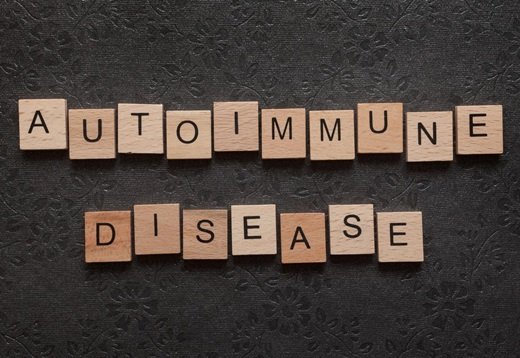Benefits of Low-Dose Naltrexone (LDN)
Low-dose naltrexone (LDN) is gaining attention for its ability to relieve symptoms of various conditions, especially autoimmune diseases. It was developed in the 1960s and approved by the FDA for treating opioid and alcohol dependence in the 1980s. Today, LDN is recognized for its broader health benefits. Here are some key benefits of LDN:
Treating Autoimmune Conditions
Research suggests that low-dose naltrexone benefits patients with autoimmune diseases, including Crohn's disease, multiple sclerosis, fibromyalgia, and lupus. Studies have indicated symptom improvements with LDN, particularly in Crohn's disease and fibromyalgia.
Although LDN shows promise as an option for managing complex autoimmune disorders, large-scale studies are still needed to confirm these findings.
Reducing Chronic Inflammation
Chronic inflammation is a common issue in many health conditions. The benefits of LDN include effective reduction of inflammation, which may provide relief for individuals with chronic pain, including rheumatoid arthritis.
Studies show that LDN’s anti-inflammatory effects can significantly lower pain levels, making it a valuable addition to treatment plans for inflammatory diseases.
Pain Relief Across Various Conditions
LDN helps relieve pain by interacting with specific receptors in the body. It reduces pro-inflammatory chemicals known as cytokines. This effect benefits not only fibromyalgia patients but also those with migraines, joint pain, and neuropathy.
Many patients report significant improvements in pain when using LDN, making it a promising alternative to traditional pain medications.
Supporting Mental Health
Anxiety and depression affect millions of people and can disrupt daily life. LDN’s immune-modulating effects may also support mental health, though more research is needed to confirm its role in mood regulation.
LDN offers a comprehensive approach to treatment that may support both physical and psychological well-being.
About the Research
The effectiveness of low-dose naltrexone in alleviating symptoms is linked to its dosage. High doses do not provide the same benefits, but studies confirm that LDN, usually prescribed at 4.5 mg, can offer significant therapeutic effects (Younger et al., 2014). Research indicates that LDN has pain-relieving and anti-inflammatory properties that are not present in higher doses. For example, a pilot study found that participants taking 4.5 mg of LDN nightly experienced over a 30% reduction in fibromyalgia symptoms compared to those on a placebo (Younger & Mackey, 2009).
LDN is believed to work as an anti-inflammatory agent in the central nervous system by affecting microglial cells, which are important for inflammation throughout the brain and body (Wake et al., 2011). Unlike many medications for autoimmune conditions, LDN’s side effects are generally mild and temporary, with the most common being vivid dreams and short-term insomnia. Although LDN is considered experimental, research has shown both its safety and effectiveness.
Conclusion
At SageMED, our practitioners are committed to creating personalized treatment plans that include LDN when appropriate. We have seen the positive impact it can have on our patients' lives. If you want to learn more about how naltrexone benefits can improve your quality of life, schedule a consultation at SageMED today!
References
Li, Z., You, Y., Griffin, N., Feng, J., & Shan, F. (2018). Low-dose naltrexone (LDN): A promising treatment in immune-related diseases and cancer therapy. International Immunopharmacology, 61. https://doi.org/10.1016/j.intimp.2018.05.020
Wake, H., Moorhouse, A. J., & Nabekura, J. (2011). Functions of microglia in the central nervous system – beyond the immune response. Neuron Glia Biology, 7(1). https://doi.org/10.1017/s1740925x12000063
Younger, J., & Mackey, S. (2009). Fibromyalgia symptoms are reduced by low-dose naltrexone: A pilot study. Pain Medicine, 10(4). https://doi.org/10.1111/j.1526-4637.2009.00613.x
Younger, J., Parkitny, L., & McLain, D. (2014). The use of low-dose naltrexone (LDN) as a novel anti-inflammatory treatment for chronic pain. Clinical Rheumatology, 33(4). https://doi.org/10.1007/s10067-014-2517-2
RELATED BLOG POSTS






